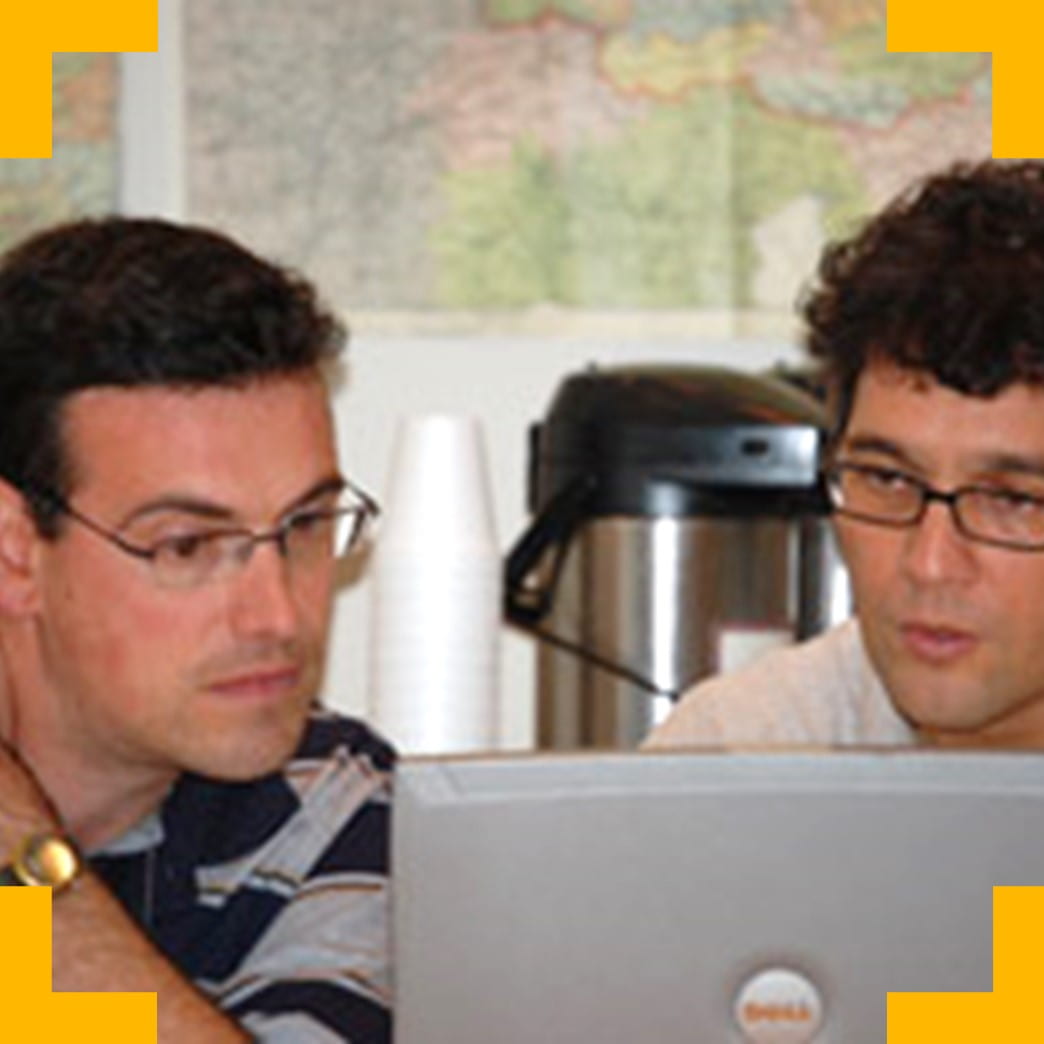Unearthing Disciplinary Defaults
Tim Cole, Professor of Social History and Director of Brigstow Institute

Brigstow’s seven new seedcorn funded projects have just begun working together. As usual, they bring together researchers from inside and outside the university, as well as radically interdisciplinary teams: Engineering Maths meets Education; Modern Languages and History meet Computer Science; English meets Psychology. As they began working, I read an article recently published by one of our former seedcorn project teams that combined earth scientists, literary and art historical scholars and a sound artist. What struck me in their reflections was that rather than using the ‘labels that corresponded to the badges of our professions’ as they worked together, they were drawn ‘to think about our default settings and manner of approaching things’ (Badcoe et al 2020)
The idea of unearthing what I’m calling ‘disciplinary defaults’ is something that has struck me in my own interdisciplinary research. Like other interdisciplinary teams, my own research group of historians, architectural historians, geographers, GiScientists, cartographers and more recently computer scientists who examine the spatiality of the Holocaust, has grappled with ‘finding a common language.’ Writing of our early work together we half-joked that ‘at times,’ our conversations together ‘felt a little like interspecies communication’.
Reflecting back on this experience, we were struck by the way that we tended to resort back to disciplinary defaults. Presented with gaps in the archives, ‘the social scientists among us thought that the way to deal with holes in the data would be through statistical sampling, whereas the humanists turned more toward and interpretative interrogation that would account for absences by analysing how sources were created’ (Beorn et al 2010).
The Unsettled Planet team reported a similar sense of defaulting to ways of thinking about anything from data to time and how to measure it that are seemingly hard wired in us through our disciplinary training. ‘Some of us are more attentive to sounds, some of us to words, some to images, and some to numbers,’ they reflected, ‘some of us thinking mainly in decades and centuries, while others in minutes or even in millions of years’ (Badcoe et al 2020).
Unearthing those disciplinary defaults for ourselves and then explaining them to others we work with on interdisciplinary research takes time. But it is time well spent. In my own interdisciplinary research and this is something that we’ve seen in many of the Brigstow project teams there is value early on for almost a ‘show and tell’ session to help explain where team members are coming from.
It may be that a few questions are useful for structuring these early – and ongoing – conversations in interdisciplinary research teams. Perhaps:
- What does my discipline do and why?
- What is understood by ‘rigorous’ research in my discipline?
- What is understood by ‘data’ or ‘evidence’ in my discipline?
- What are a few key terms in my discipline and what do they mean?
- What the weaknesses of my discipline as well as its strengths?
Talking through a few questions like that may help unearth disciplinary defaults that otherwise lie hidden.
References:
Badcoe et al, ‘Good vibrations: living with the motions of our unsettled planet,’ Geoscience Communication 3, 2 (2020) 303-27.
Beorn et al, ‘Geographies of the Holocaust,’ Geographical Review 99, 4 (2010) 563-74.

